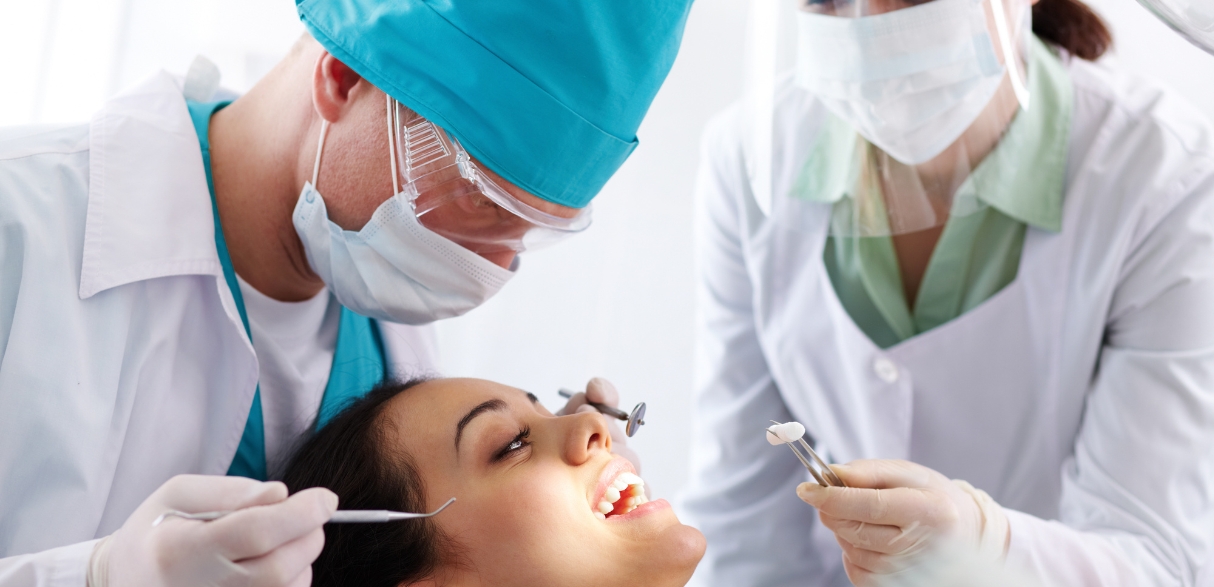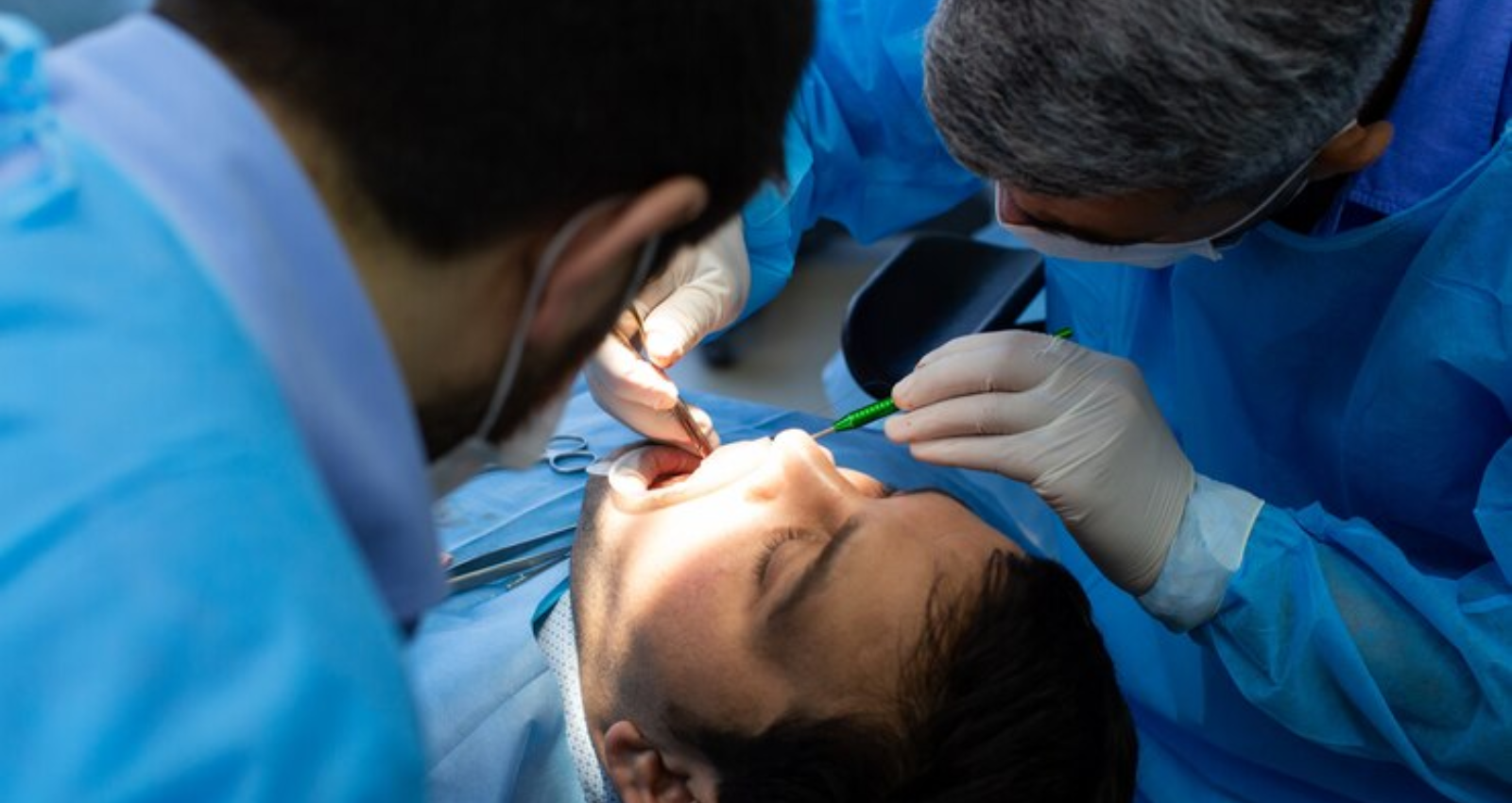

Most people will ultimately undergo oral surgery to have their wisdom teeth removed early in adulthood. Some patients experience pain acutely, and some experience asymptomatic complications that can arise unexpectedly. An impacted tooth can push healthy teeth, infect the gums, and even stiffen jaws. Delaying too long can lead to worse results and a more complex recovery. Early examination prevents long-term dental damage.
Renowned oral surgeon Dr. Sami Khayat gives wise counsel on safe removal of wisdom teeth. This guide outlines causes, surgeries, recovery details, and key observations from professional oral surgery treatment.
What Are Wisdom Teeth and Why Do They Cause Problems?
Wisdom teeth typically erupt between the ages of 17 and 25 as the back molars. Most patients require wisdom teeth removal due to crowding, pain, or recurring oral infections. Impaction occurs when wisdom teeth fail to erupt properly and results in inflamed gums or pain. These impacted teeth may be infected with bacteria and pose risks of decay, abscess, or gum inflammation.
Not everyone requires oral surgery because some wisdom teeth erupt without major issues. Regular dental check-ups and consultation with an oral surgeon in San Jose determine if extraction is necessary. Careful examination ensures prompt oral surgery before severe oral complications from untreated wisdom teeth arise.
Signs You May Need Wisdom Teeth Removal
Pain in the back of the mouth chronically signals wisdom teeth removal needs. Persistent swelling or tenderness of the gums signals problems requiring immediate consultation for oral surgery.
Abscesses or chronic infections usually develop beside impacted or partially erupted teeth. Ratcheting down or jaw stiffness, and halitosis, signal declining wisdom teeth problems. Oral X-rays confirm impaction, crowding, or complications present but not revealed on routine examination.
A specialist oral surgeon uses these radiographs to plan safe and effective wisdom teeth removal. Ignoring these symptoms can worsen pain and delay oral surgery procedures that are required.
The Wisdom Teeth Extraction Procedure Explained by Dr. Sami Khayat
A consultation appointment includes imaging, physical exam, and anesthesia consultation for planning oral surgery. Dr. Sami Khayat, a veteran oral surgeon in San Jose, describes the entire procedure to all his patients. The extractions of wisdom teeth begin with anesthesia for relaxation and reduced surgical stress.
A small incision offers the oral surgeon access to impacted teeth in a safe, precise manner. The tooth can be sectioned into manageable sections that can be easily and controlledly removed. The area, after removal, is disinfected, and stitches can assist in the rapid healing of the gums.
Ordinary oral surgery will take anywhere from 45 minutes to an hour, depending on complexity. Dr. Khayat focuses on patient comfort, safety, and uneventful recovery when performing wisdom teeth extraction.
What to Expect After Surgery?
Following oral surgery, patients can experience swelling, pain, and slight bleeding in the extraction sites. Most symptoms peak within 72 hours and reduce gradually with good care habits. Healing from the extraction of wisdom teeth typically takes one to two weeks of concentrated healing.
Control of pain includes medication as prescribed by Dr. Khayat, cold compresses, and resting during recovery days. Patients are warned against heavy exercise, smoking, or physical exertion after oral surgery procedures. A well-balanced diet and proper hydration ensure complete healing after tough wisdom teeth removals.
Proper care promotes smoother healing and reduces the chances of unnecessary oral complications.
Recovery Tips to Heal Faster
Apply ice packs regularly to decrease swelling after oral surgery procedures. Choose soft foods like yogurt, soup, and smoothies in the initial phases of healing. Hydrate well and avoid straws, which can disrupt delicate surgical blood clots.
Post-wisdom teeth surgery, smoking increases the risk of complications and should be avoided completely. Gently flush with warm salt water to allow for gum healing without disturbing them.
Return visits as instructed by your oral surgeon to monitor progress. Report any unanticipated symptoms immediately so that safe oral surgery healing occurs.
Heeding aftercare instructions promptly leads to faster healing and less risk of complications.
When to Call Your Oral Surgeon?
Persistent bleeding over 24 hours following wisdom teeth removal requires prompt attention. Severe swelling, growing pain, or inability to open your mouth suggest complications. Pus, persistent bad taste, or fever following oral surgery suggests infection.
Patients must contact their trusty oral surgeon immediately if the symptoms are sudden. Numbness, tingling, or lack of normal jaw movement requires immediate professional attention.
Ignoring warning signs after wisdom teeth removal risks long-term oral and general health consequences. Early consultation with an oral surgeon ensures safe healing from complex oral surgery.
Wisdom teeth removal is a normal but essential oral surgery for protecting long-term dental health. Preparation and good care reduce risk and promote healing in every patient.
Dr. Sami Khayat, a qualified oral surgeon, ensures safe outcomes for standard wisdom teeth removal. Make your smile healthy by booking an appointment with Dr. Khayat today.


